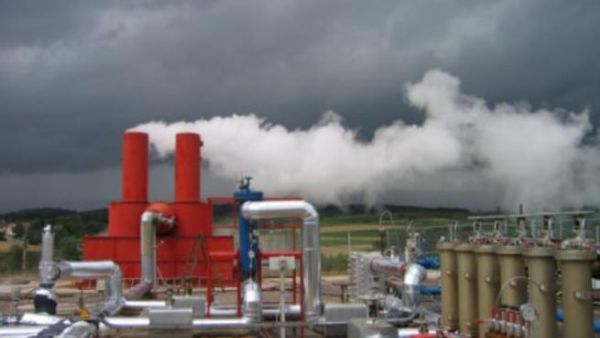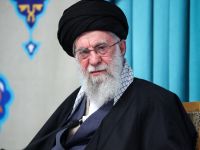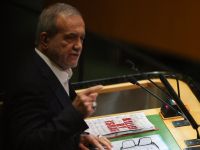Energy and Water Minister Jibran Bassil said Friday that his 700 MW electricity project would cut power rationing in Lebanon by at least seven hours a day. Speaking at a news conference, Bassil defended his $1.2 billion proposed project, stressing that the new majority must actually demonstrate that it is a real majority in the Parliament. Bassil will make a comprehensive presentation at the Grand Serail for Prime Minister Najib Mikati and the ministers who are interested in learning more about the project.
The bill will be reviewed again by the Cabinet Tuesday and if it is approved by of all the ministers it will then be sent to the Parliament Wednesday for discussion and endorsement. Some critics and MPs rejected Bassil’s bill on the grounds that no single minister must have this enormous power to decide who wins the bid to build the 700 MW power plants. They also stress that Bassil must not singlehandedly control the entire $1.2 billion for the project.
The project calls for building power plants that operates on liquified natural gas which will come through Syria or will be unloaded from special oil and gas tankers. The project is supposed to be completed in three years but there is concern that Lebanon may not be able to secure the natural gas to operate the plants. “It is very essential to save the electricity sector from a looming disaster. It may not solve the entire problem but at least it is a beginning,” Bassil said. He reiterated that this bill was approved by the national unity Cabinet which was headed by then Prime Minister Saad Hariri.
Bassil refuted the claims that the 700 MW plant should only cost $700 million instead of $1.2 billion. “We need to build plants, turbines, six huge transformers, transportation lines and four relay stations so that the plant can run properly,” the minister was quoted as saying. He added that the Cabinet will not make any drastic changes to the original plan because this project was carefully studied by experts.
“If the plant runs on the full 700 MW capacity then power rationing will fall by 7 hours a day but if the plant runs partially then the rationing will fall by four hours only,” Bassil said. He added that running the plant at full or partial capacity will allow the Lebanese consumers to reduce their dependence on private generators.
Bassil claimed that the opposition rejected the bill for political reasons only.








